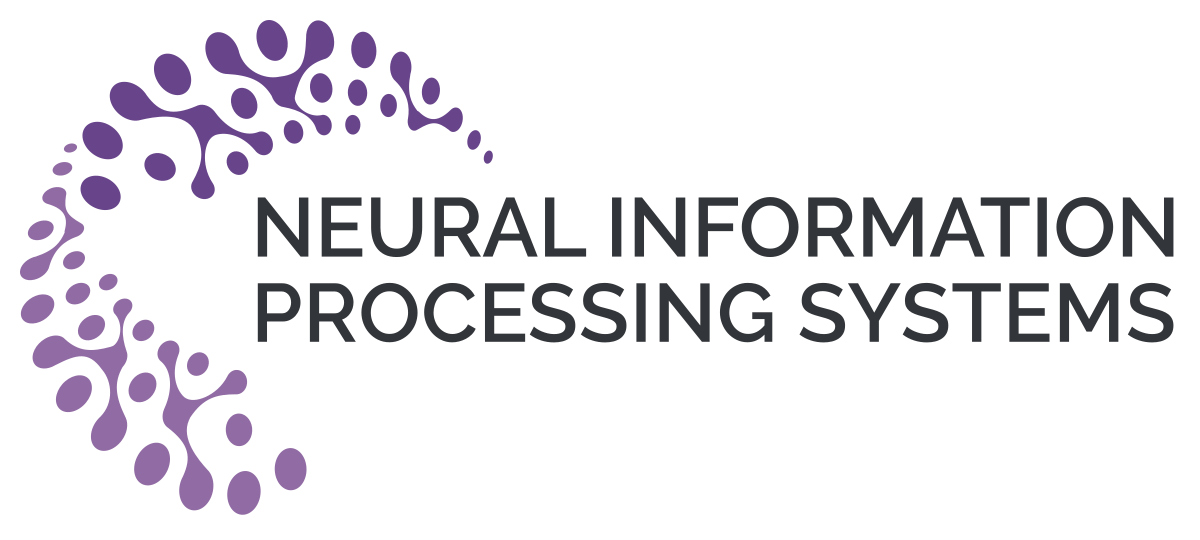Abstract:
Efficient on-device learning requires a small memory footprint at training time to fit the tight memory constraint. Existing work solves this problem by reducing the number of trainable parameters. However, this doesn't directly translate to memory saving since the major bottleneck is the activations, not parameters.
In this work, we present Tiny-Transfer-Learning (TinyTL) for memory-efficient on-device learning. TinyTL freezes the weights while only learns the memory-efficient bias modules, thus no need to store the intermediate activations. To maintain the adaptation capacity, we introduce a new memory-efficient bias module, the lite residual module, to refine the feature extractor by learning small residual feature maps adding only 3.8% memory overhead. Extensive experiments show that TinyTL significantly saves the memory (up to 6.5x) with little accuracy loss compared to fine-tuning the full network. Compared to fine-tuning the last layer, TinyTL provides significant accuracy improvements (up to 33.8%) with little memory overhead. Furthermore, combined with feature extractor adaptation, TinyTL provides 7.5-12.9x memory saving without sacrificing accuracy compared to fine-tuning the full Inception-V3. Code is released at https://github.com/mit-han-lab/tinyML/tree/master/tinyTL.

